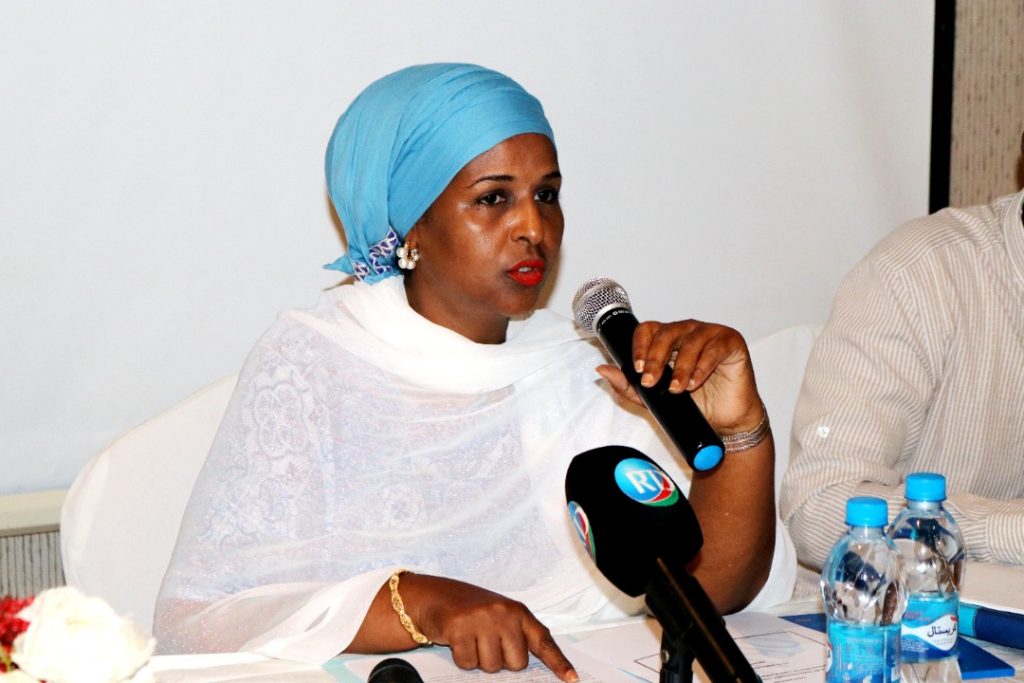
COMESA through the Gender and Social Affairs Division and the Statistics Unit held a five-day national capacity building workshop on gender statistics for regional integration for selected government ministries in Djibouti. The training focused on statisticians and gender focal point persons from the Ministries of Trade and Commerce, Infrastructure, Labour, Gender Equality, Education and the national statistics office who are involved in gender statistics and data users.
Speaking at the opening of the training, Secretary General in the Ministry of Gender Equality and Family Welfare Mrs Anissa Hassan Badon highlighted the importance of the workshop which was conducted as Djibouti is undertaking its third national population census.
She noted the need to ensure that national policies align with the regional and continental instruments ensuring availability of gender disaggregated data through gender sensitive data collection tools and data analysis mechanisms.
In addition, the workshop was informed that the need for gender statistics has increased over the years owing to the demands of national policies and international conventions that promote gender equality and the importance of establishing a system that produces gender sensitive evidence sustainably.
Trade Statistician at COMESA Secretariat Mr Wilson Chizebuka stated the need for counties to have gender statistics available at the national level because this data plays a crucial role in gender mainstreaming in development and helps governments formulate policies for poverty reduction.
The data can also help governments prioritize certain policies and programs that could help reduce poverty and bring development among its people.
“You can count on the COMESA Secretariat for support and collaboration to ensure that the understanding and knowledge of gender statistics is strengthened among the key officers in Djibouti,” Mr Chizebuka said.
Among other issues, the training workshop aimed to assist the country have a draft proposal on the minimum set of gender indicators available, complete the gender assessment questionnaire which will assist in identifying statistics and capacity gaps for Djibouti.
COMESA Secretariat is expected to undertake an end of term evaluation of the National Strategy for the Development of Statistics (NSDS) 2018 – 2022 for Djibouti. The Gender Statistics Assessments done at the training are critical input and is seen as a way of engendering the next NSDS for the country.

